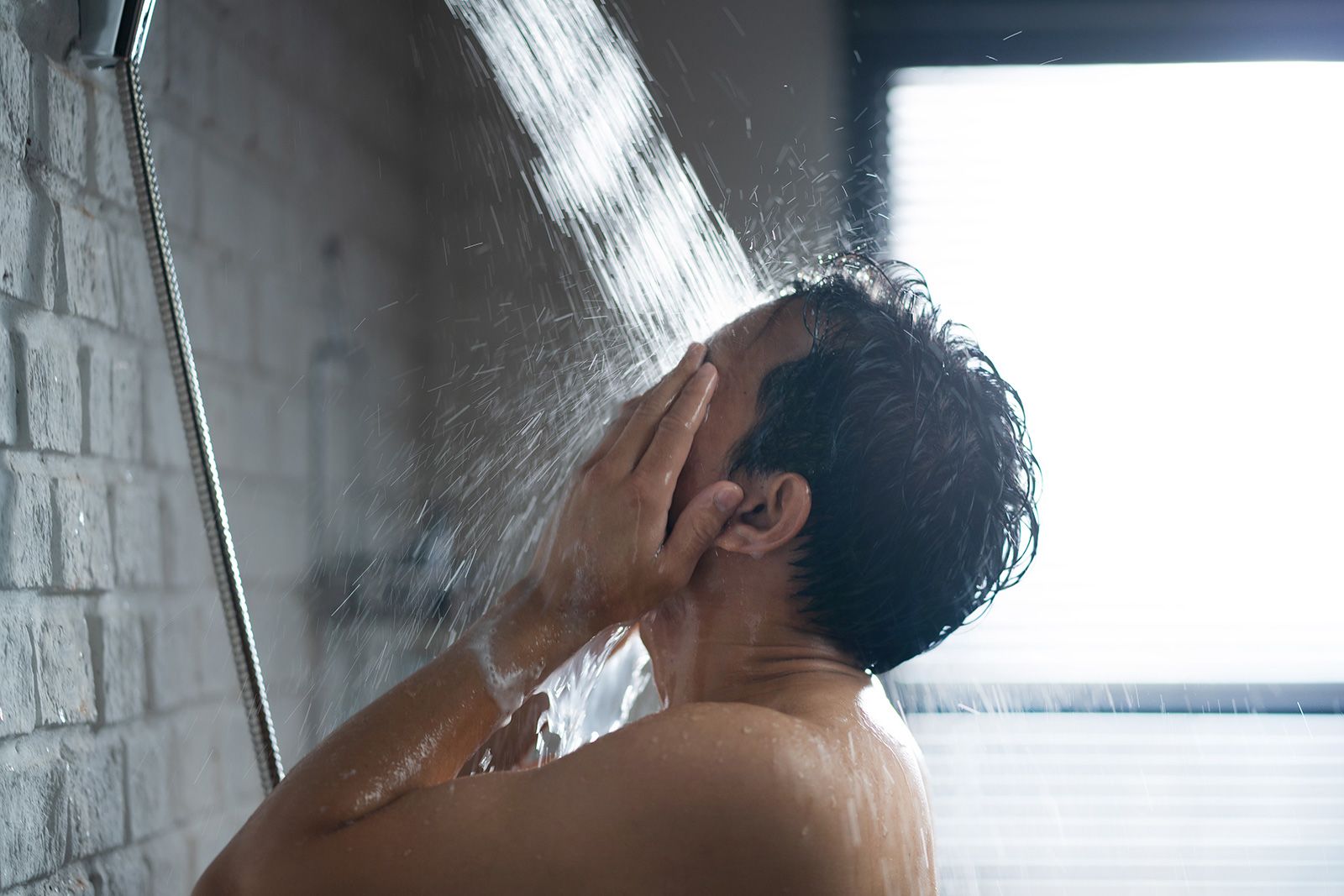
Bathing is more than just a daily routine; it's a practice steeped in history and culture. Ever wondered why we bathe or how different cultures approach this ritual? Bathing has evolved from ancient communal baths to modern-day showers, each with its own unique traditions and benefits. From the luxurious baths of ancient Rome to the purifying hot springs in Japan, the act of bathing has always been about more than just cleanliness. It’s about relaxation, health, and even social interaction. Bathing can improve your mood, help you sleep better, and even boost your immune system. Ready to dive into some fascinating facts about this age-old practice? Let's get started!
The History of Bathing
Bathing has been a part of human culture for thousands of years. From ancient rituals to modern-day spa treatments, the act of cleansing oneself has evolved significantly.
- Ancient Egyptians bathed in the Nile River and used scented oils to keep their skin soft and clean.
- The Greeks built public baths called "loutrons" as early as the 5th century BCE.
- Romans took bathing to the next level with their elaborate bathhouses, which included hot, warm, and cold baths.
- In medieval Europe, public baths were common until the Black Plague, which led to a decline in their use due to fears of spreading disease.
- Japanese culture has a long tradition of communal bathing in hot springs, known as "onsen."
Bathing Around the World
Different cultures have unique bathing practices that reflect their traditions and environments.
- In Turkey, the "hammam" or Turkish bath is a place for relaxation and socializing, featuring steam rooms and massages.
- Finnish people enjoy "sauna" baths, which involve sitting in a hot room followed by a plunge into cold water or snow.
- In India, bathing in the Ganges River is considered a sacred act that purifies the soul.
- Moroccan "hammams" are similar to Turkish baths but often use black soap and exfoliating gloves for a deep cleanse.
- In Russia, "banya" is a traditional steam bath where people use birch branches to stimulate circulation.
Health Benefits of Bathing
Bathing isn't just about getting clean; it also offers numerous health benefits.
- Warm baths can help reduce muscle tension and relieve pain.
- Soaking in a bath can improve circulation and cardiovascular health.
- Baths can promote better sleep by relaxing the body and mind.
- Epsom salt baths are known to help detoxify the body and reduce inflammation.
- Aromatherapy baths, using essential oils, can enhance mood and reduce stress.
Fun Bathing Facts
Bathing can be fun and quirky, with some interesting facts you might not know.
- The world's largest bath was created in Japan and could hold 5,000 people.
- Cleopatra, the famous Egyptian queen, was known for bathing in donkey milk to keep her skin youthful.
- The average person spends about 1.5 years of their life in the bathroom.
- Rubber ducks became popular bath toys after Jim Henson featured them in a Sesame Street song in 1970.
- In Iceland, people often bathe in geothermal pools, which are naturally heated by volcanic activity.
Modern Bathing Trends
Today's bathing practices have evolved with new trends and technologies.
- Smart bathtubs can control water temperature, fill levels, and even play music.
- Bath bombs, which fizz and release scents and colors, have become a popular way to enhance the bathing experience.
- Some people enjoy "forest bathing," which involves immersing oneself in nature to reduce stress and improve well-being.
- Hydrotherapy baths use jets of water to massage the body and are often used in physical therapy.
- Cold baths, or "ice baths," are popular among athletes for reducing muscle soreness and speeding up recovery.
Bathing and the Environment
Bathing practices can have an impact on the environment, and there are ways to make them more sustainable.
- Taking shorter showers can save water and reduce energy consumption.
- Using biodegradable soaps and shampoos can help protect aquatic ecosystems from harmful chemicals.
The Final Splash
Bathing isn't just about getting clean. It's a ritual that spans cultures, history, and even science. From ancient Roman baths to modern-day spas, people have always found ways to make bathing a special experience. Hot water can relax muscles, while cold water can invigorate the senses. Bath bombs and essential oils add a touch of luxury, turning a simple bath into a spa-like retreat. Even the rubber ducky has its place in this watery world.
Knowing these facts can make your next bath more enjoyable and meaningful. Whether you're soaking in a tub or taking a quick shower, remember the rich history and benefits behind this everyday activity. So next time you step into the bathroom, think about all the fascinating details that make bathing more than just a routine. Dive in and enjoy!
Was this page helpful?
Our commitment to delivering trustworthy and engaging content is at the heart of what we do. Each fact on our site is contributed by real users like you, bringing a wealth of diverse insights and information. To ensure the highest standards of accuracy and reliability, our dedicated editors meticulously review each submission. This process guarantees that the facts we share are not only fascinating but also credible. Trust in our commitment to quality and authenticity as you explore and learn with us.
